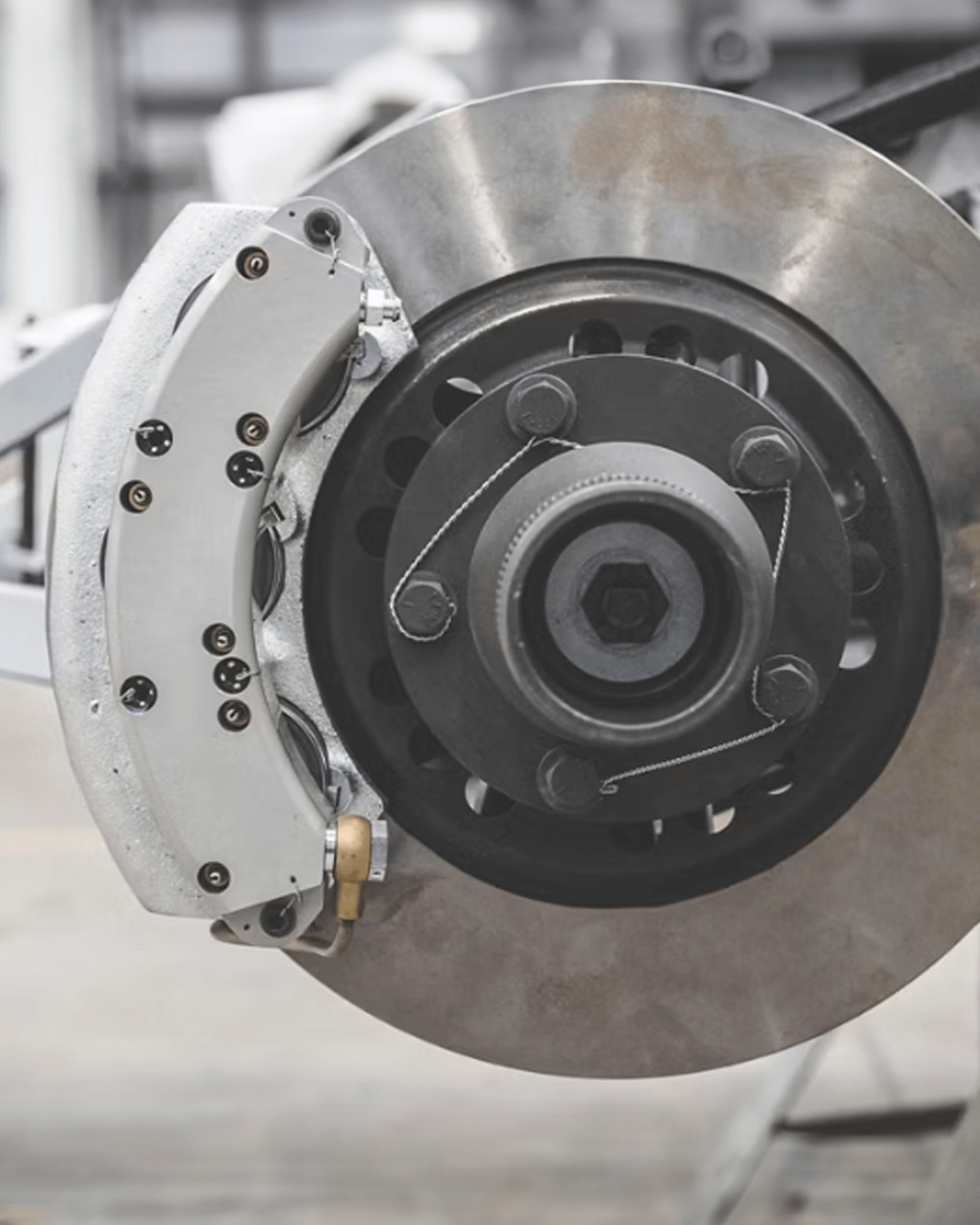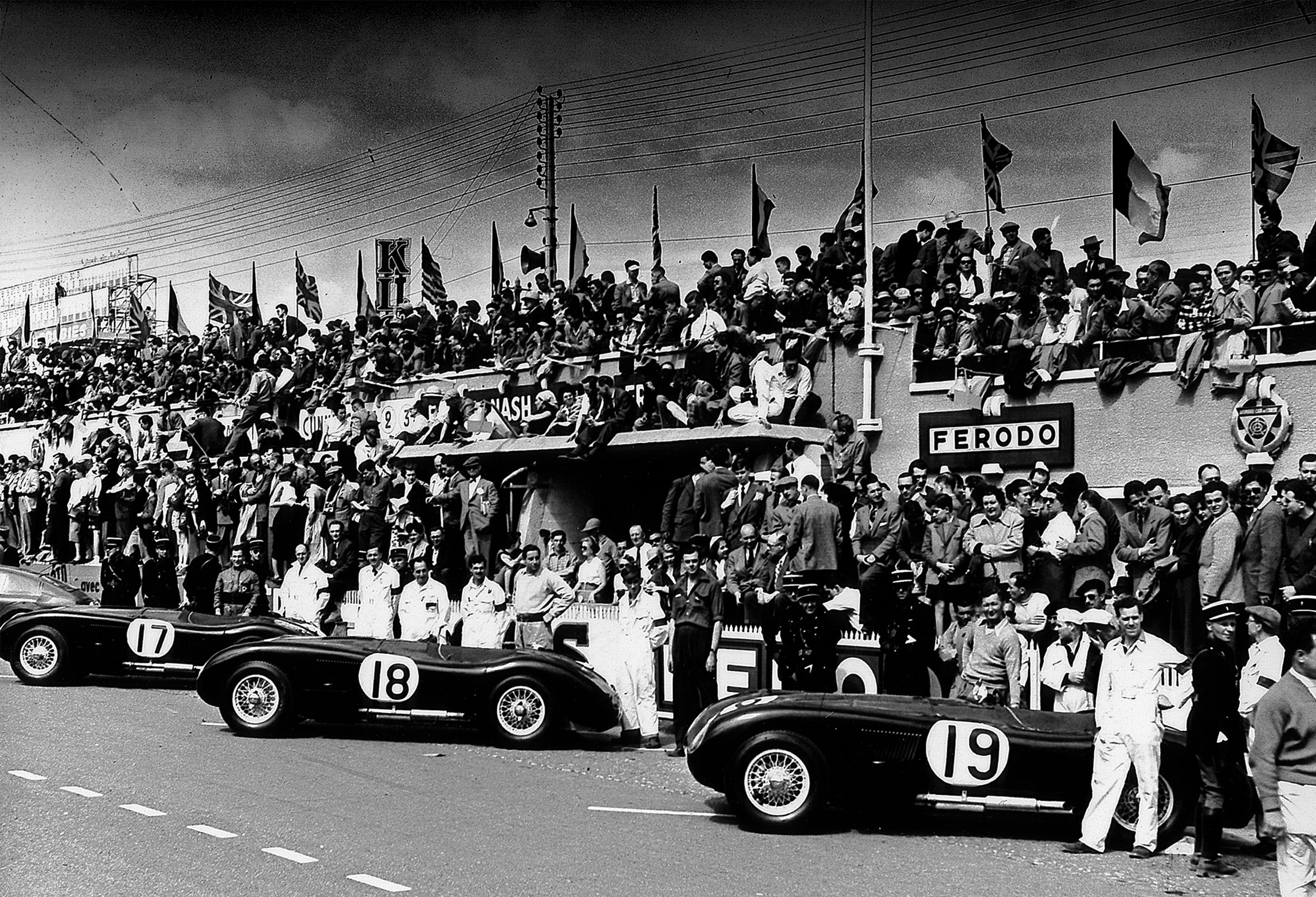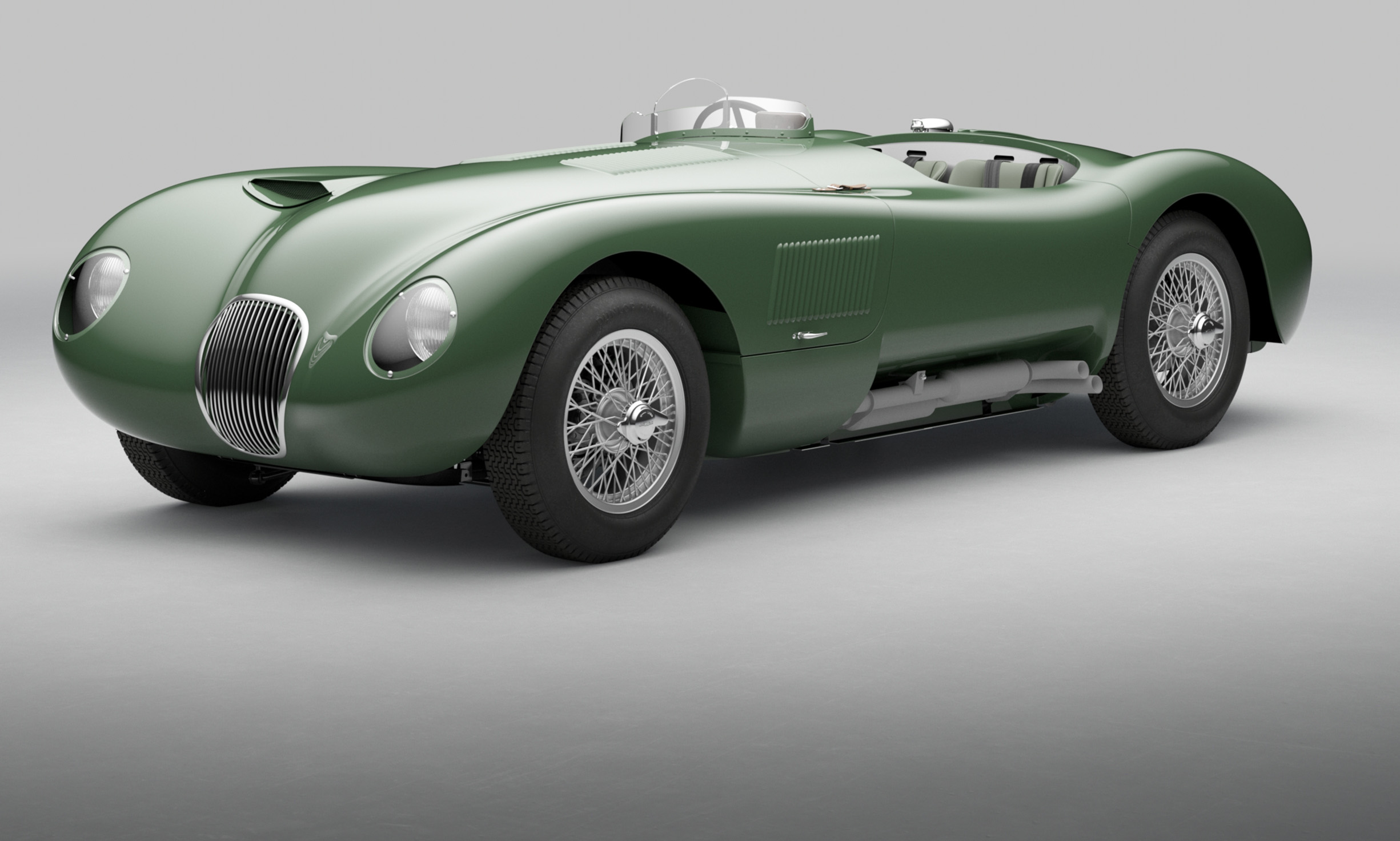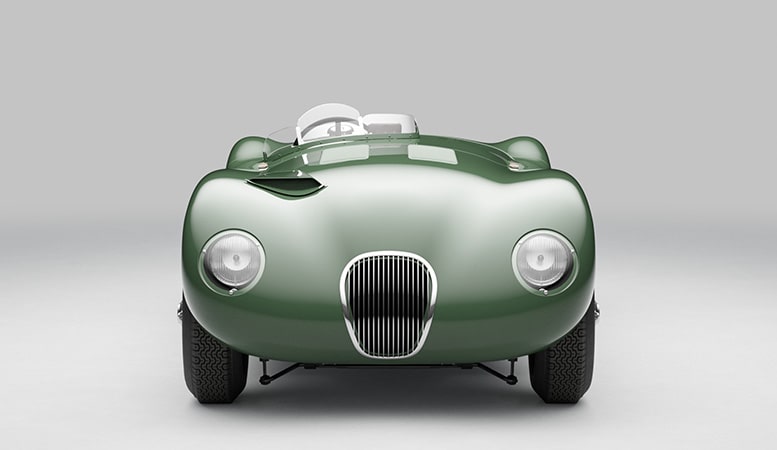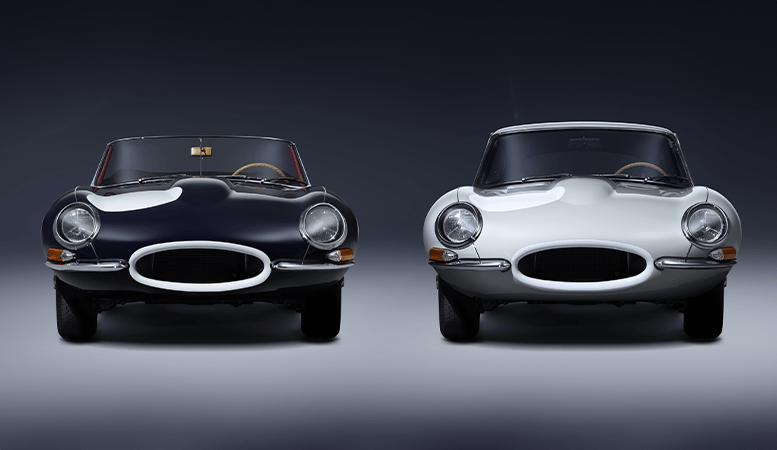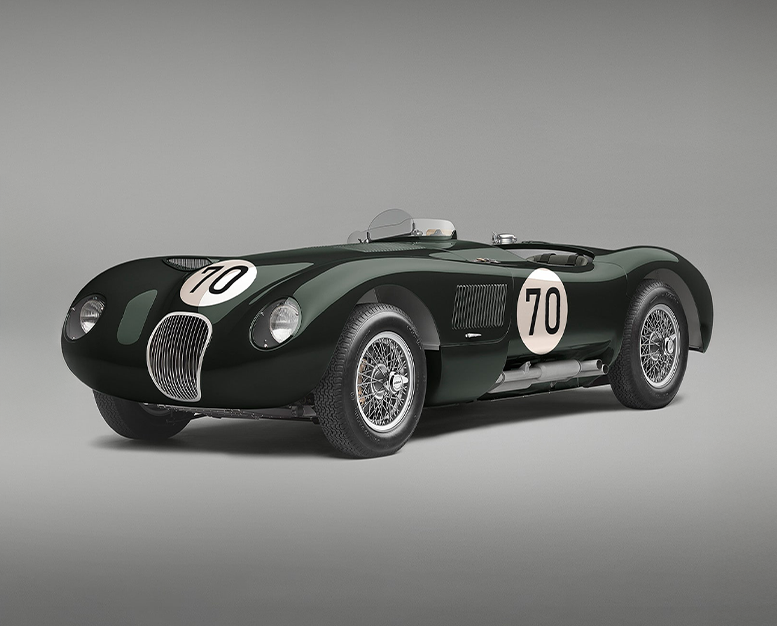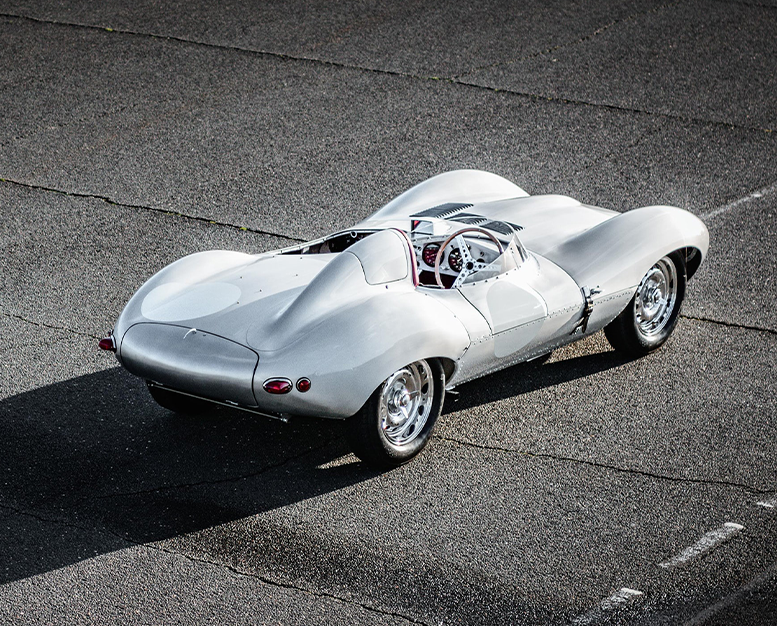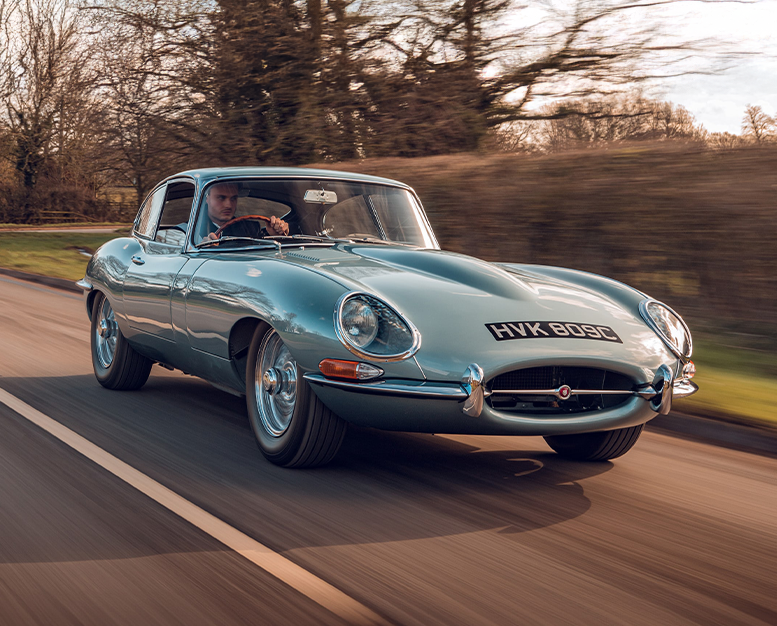JAGUAR C-TYPE RACING


Jaguar C-type Racing
History in the making
In 1950 William Lyons recruited engineering prodigy Malcolm Sayer to work on a pioneering new race car. Six months later, C-type would make its Le Mans debut.
The first C-types took on the Le Mans racecourse in the spring of 1951. Success was instant. Driver Stirling Moss broke the lap record by an impressive six seconds, while drivers Peter Walker and Peter Whitehead won the day with an imposing nine-lap-lead - the first of many Jaguar motosport victories. C-type would prove itself to be one of the most important cars in Jaguar's racing history.
Jaguar C-type Racing
Pioneering Brake Disc Technology
Despite instant success at Le Mans in 1951 with the drum brake-equipped C-type, a braking system more resistant to fade was clearly required for racing at increased speed and distance. Over the winter months of 1951 and 1952, Jaguar collaborated with Dunlop on pioneering disc brake development.
On the 29th of June 1952, Stirling Moss drove S-type to victory at Reims, at an average speed of 98.19mph. This was the first time an international motor race had been won by a car fitted with disc brakes. Enhanced by Dunlop's critical development of pads thick enough to last the entire 24-hour race. and paired with a revised lighter body. C-type was ready for Le Mans 1953.
